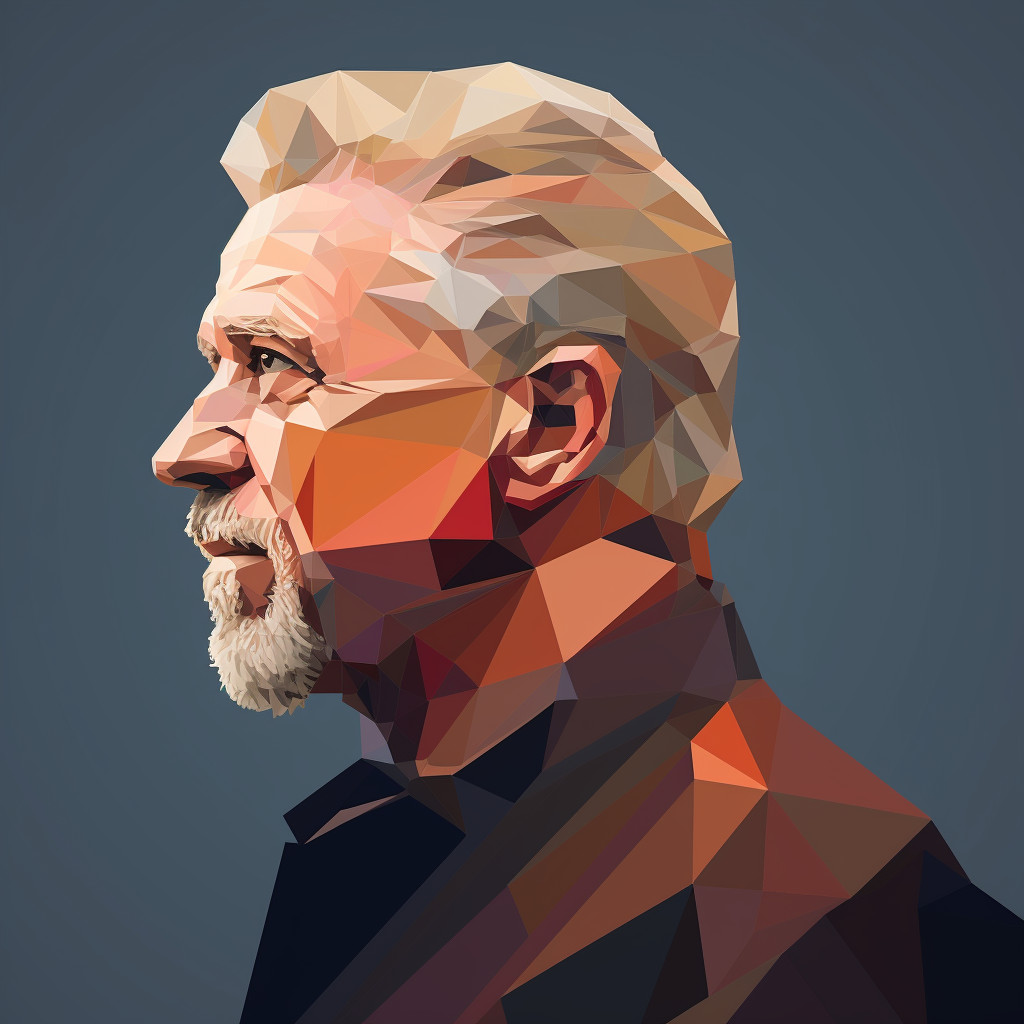This quote suggests that the fundamental role of leaders is to fill gaps in their team’s abilities, resources, or knowledge. Leaders are not merely figureheads or decision-makers; they are providers who empower their followers by supplying what they cannot procure on their own. This could be anything from expertise, direction, inspiration, or even tangible resources.
The quote also hints at the leader’s responsibility to recognize and understand the needs of their team. They must be perceptive and empathetic enough to identify what their people lack and resourceful enough to provide it. This reinforces the idea that effective leadership is not about asserting power or control, but about serving others.
Applying this idea in today’s world, it could be seen in various scenarios. For instance, in a corporate setting, a manager might notice that their team is struggling with a particular project due to a lack of specific skills. The leader, in this case, could arrange for training sessions to enhance the team’s skills, thereby providing what they could not themselves.
In the context of personal development, this quote can be interpreted as a call to become a self-leader. Just as a good leader identifies and provides for the needs of their team, a self-leader should be able to identify their own needs and work towards fulfilling them. For example, if an individual recognizes that they lack discipline, they might read books, attend seminars, or seek a mentor to help develop this trait. By doing so, they are providing for themselves what they could not previously, thereby embodying the essence of leadership in their personal growth.






